 In her role as corporate wellness consultant for Fred C. Church, Melissa Hill is focused on the creation, administration, management, and budgeting of wellness, claims utilization, and population health programs for our business clients. Companies across a wide range of industries are increasingly implementing these types of programs and offering an array of novel benefits, including health risk assessments, yoga and meditation classes, and wellness challenges and outings. These initiatives encourage and make it easier for employees to adopt healthier habits and can often lead to improvements in the overall health and wellness of an entire workforce.
In her role as corporate wellness consultant for Fred C. Church, Melissa Hill is focused on the creation, administration, management, and budgeting of wellness, claims utilization, and population health programs for our business clients. Companies across a wide range of industries are increasingly implementing these types of programs and offering an array of novel benefits, including health risk assessments, yoga and meditation classes, and wellness challenges and outings. These initiatives encourage and make it easier for employees to adopt healthier habits and can often lead to improvements in the overall health and wellness of an entire workforce.
Whether you’re just starting to contemplate building a corporate wellness program from scratch or you’re eager to expand the employee offerings you already have, Melissa is uniquely qualified to be your partner on this journey. In the following Q&A, you will learn more about her background and rare skill set, as well as how she helps clients develop successful programs that meet the health and wellness needs of their employees.
Q: Please tell us how you ended up working in the health and wellness industry.
Melissa’s Answer: Growing up in Hadley, Massachusetts, I was very involved in sports, playing soccer, basketball, and softball. Through primary and secondary school, my favorite classes were in the sciences, and I was particularly intrigued by the human body and anything related to health and wellness. I wanted a career that would combine all these interests, so I decided to become an athletic trainer.
I went to one of the most rigorous and demanding schools for athletic trainers in the area— Springfield College in Springfield, Massachusetts—and earned my bachelor of science degree in 2001. After graduation, I had the chance to work as a full-time athletic trainer, first at Amherst College and then at Wesleyan University. While I loved the fast pace of the job, I knew the long hours and frequent travel were not going to be sustainable for the long term.
In 2003, I went back to school to get my master’s in exercise science at Southern Connecticut State University. After graduating, I started a career at Healthworks Group, a conglomerate of premier fitness centers across the Greater Boston area. I worked my way up the ranks over fourteen years, from single site director to regional manager and finally to the director of operations role, overseeing the programming, strategic planning, and human resources functions at five of the company’s premiere fitness facilities.
My last position before arriving at Fred C. Church was with SLS Fitness in Lowell, where I served as chief operating officer and was responsible for company operations, new technology implementations, hiring and training, strategic planning, and more.
Q: Please explain more about how you work with Fred C. Church’s clients.
Melissa’s Answer: Overall, the employee benefits approach at Fred C. Church is human-centric, which means we always thoroughly assess the needs and wants of our clients and their employees first. Then, we work collaboratively and creatively to develop dynamic programming to meet those requirements. Our team also stays on top of trends in the wellness industry, tracks what programs have the most successful employee engagement, and builds relationships with vendors and resources that provide the most cost-efficient and effective options.
While some clients need my help with a wellness program from soup to nuts, other clients just need advice on how to fill a specific gap in their current wellness program. They might be looking for a mental health provider, a firm to help employees learn how to manage their finances, or a physical health program that encourages team building and individual achievements. My role is to evaluate all the resources available to meet these desires and make a recommendation to the client as to which vendors might best match their needs and budget.
For example, I recently heard from a client who was interested in implementing a mental health program to supplement their employee assistance program (EAP). I vetted seven or eight different mental health programs and put together a presentation on what each option offered the client, in the order that I thought was the best fit for them. The client agreed with my top two choices, and we will be receiving proposals from those vendors. Once the client selects the final provider and enters into a contract, I will actively help with implementation of this program, as well.
Q: How does the work you do benefit Fred C. Church’s employees?
Melissa’s Answer: In addition to helping our clients with their workplace wellness programs, I am responsible for our internal wellness program and developing solutions to meet a broad spectrum of needs and interests. The Wellness Committee, which is made up of employees who are interested in helping provide direction for our in-house wellness offerings, is a great resource for me when I need feedback on ideas.
When I came into the corporate wellness consultant role in the fall of 2021, I spent time reviewing what had been done in the past to support our employee wellness, which included monthly online health quizzes and seminars on various wellness-related topics, such as nutrition. I followed up this discovery phase by working with the Wellness Committee to conduct a survey that gathered input from employees about these offerings.
We took our research findings and developed a calendar of health and wellness–oriented activities that employees could take part in throughout the year. We now have a robust holistic schedule of wellness events that include meditation classes, gardening seminars, mental health and financial fitness workshops, an eight-week fat-loss challenge from January to March 2022, and more. It’s been very rewarding to hear the outpouring of positive feedback from my fellow employees who are getting healthier, relying less on medications, lowering their stress, sleeping better, and taking up healthier habits, like eliminating soda.
I look forward to using what I’ve learned from this experience to achieve the same level of analysis, planning, execution, and results for our business clients.
Q: What additional advice would you give companies that are looking to implement a workplace wellness program?
Melissa’s Answer: Employee wellness programs have many proven benefits for employees and employers, from increased worker productivity and higher employee morale to better employee retention and reduced absenteeism. Having a well-thought-out workplace wellness program is likely to enhance your company culture, improve employee satisfaction, and make your firm more attractive to new talent you are recruiting. In addition, sponsoring programs that support your employees’ mental, physical, and financial health can lead to an adoption of healthier behaviors that lower your employees’ health risks and minimize their stress and anxiety, which in turn may help reduce your company’s health care costs.
While these programs have been around in some form or another for decades, they are a more important piece of the whole employee benefits package than ever before. Current employees and potential hires want to see that you’re putting a premium on their health and safety, even more so since the start of the COVID-19 pandemic. Otherwise, they can easily make the decision to go work somewhere that does.
I also want to encourage employers that have implemented workplace wellness programs to think about the last time these initiatives were evaluated. Are you sure you are in tune with the needs and wants of the people you are serving? Are your offerings in line with the latest trends in wellness? Are you capitalizing on the cutting-edge technology now available in the industry? Is your program holistic, combining physical health offerings with support for financial and mental health? As with many industries, health and wellness is in constant flux. If you’re a business owner, you must stay on top of it all to make sure you have a satisfied workforce, or you can work with an experienced and knowledgeable wellness consultant, like myself, who will help you.
Finally, I want companies to know that they don’t need a massive budget to implement workplace wellness solutions. I am very savvy at figuring out ways for companies of all sizes to provide wellness components to their workforces.
Have More Questions About Workplace Wellness Programs?
Melissa would be a great asset for you to lean on if you’re considering implementing a workplace wellness program or need help developing and growing one you already have. She works collaboratively with you and your employees to help you identify the best ways to promote and support healthy behaviors in the workplace and customize workplace wellness solutions based on the distinct needs and interests of your company and your employee population. Please email Melissa to schedule a consultation.
In addition to the wellness expertise that Melissa can offer, Fred C. Church’s Employee Benefits practice provides clients with assistance in four other areas of specialization: account consulting, compliance, communication and education, and technology. Please contact us if you would like to learn more about our holistic employee benefits approach or get help tailoring a group or voluntary employee benefits solution.



